

In this article, you will learn what an associate degree is. In addition, you will be introduced to all the programs and courses that Alexander College offers such as Associate Degrees, University Transfer, and the various routes to university you can take with us.

Selecting a program and area of study is an important decision, and often a daunting one. An associate degree is a great choice if you want to explore your academic interests without committing to a four-year bachelor’s degree program.
We want to make sure you are well-informed when it comes to choosing the right program for your academic needs and we will be covering several topics related to associate degrees.
After reading this article, we hope you will feel better equipped to define your own path to higher education!
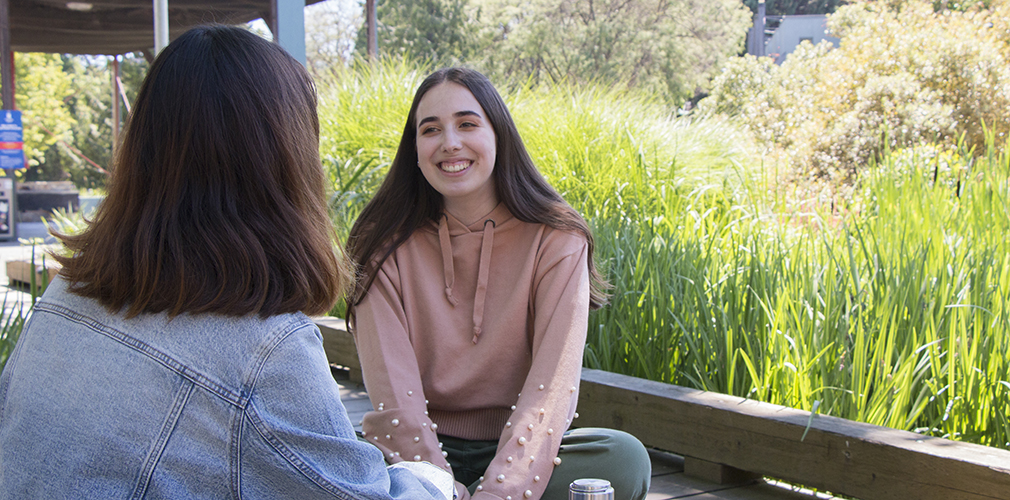
You may be wondering, ‘what is an associate degree?’
An associate degree, also known as an associate’s degree, is a two-year undergraduate program that will prepare you with the experience and knowledge you need in order to transfer to university.
Associate degrees are most commonly found and offered in Canada and the United States. You can apply for admission into Associate Degree programs right after high school as long as you meet general admission and program-specific requirements.
Alexander College’s Associate Degree programs consist of 60 to 64 credit hours that you must complete. These transferable credits make up a portion of the full four-year undergraduate degree that you can take at a university.
Alexander College is a member institution of the British Columbia Council on Admissions and Transfer (BCCAT), which means that we are consistently establishing transfer agreements for our courses with colleges and universities across British Columbia.
Your transition from high school will be a seamless and easy one thanks to the variety of services we offer.
At the Writing & Learning Centre (WLC), you can rely on our free tutoring services to assist you with a variety of subject areas. In addition, you will also have access to mental health counselling and the ability to connect with students through the Alexander College Student Association (ACSA).
Some universities across BC also admit associate degree holders at a reduced GPA requirement, making an Associate Degree program a great starting option for students who wish to eventually complete a four-year program.
Our AC alumnus, Elisa Tuyikeze, looks back on his experience at AC and how he was able to meet new people by getting involved in student events and being active on campus.
If you need help in building your resume or job searching, visit Career Advising and book an appointment with one of our Career Advisors. They are always willing to help with anything career related such as networking, interview tips, and more!
At Alexander College, we offer two types of associate degrees—the Associate of Arts and Associate of Science. Within these two Associate Degree programs, you can choose from a variety of concentrations of study.
If you’re interested in the Associate of Arts, we offer concentrations in Arts, Business, Psychology, Economics, and more! As of May 2024, we have 9 Associate of Arts concentrations and 3 Associate of Science concentrations.
In the Associate of Arts program, you will expand your knowledge in the faculty of arts, focusing on topics in the humanities and social sciences while developing your critical thinking research skills.
You will have the opportunity to gain comprehensive learning and narrow the focus to your personal area of interest.
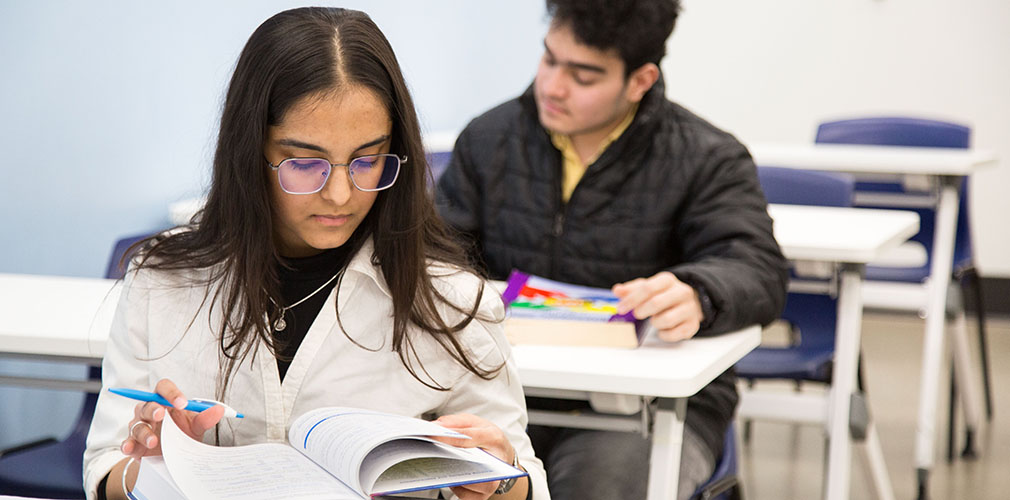
After you’ve achieved the necessary requirements to complete the program, your Associate of Arts degree will open opportunities in a wide variety of careers. Alexander College alumni have gone on to find successful careers in administration, marketing, sales and many other fields.
To ensure you stay on course while mapping out your academic journey, you can download the Program Planning Worksheet that we’ve created for each program.
If you need help creating your academic plan, please reach out to one of our Academic Advisors! Academic Advisors can help answer any questions related to program requirements, GPA calculations, and all things related to academics.
Alexander College student and 2024 ACSA President, Andrea Millan Machado, shares her experiences at Alexander College while being very active around campus
“I strongly invite international students to come to Vancouver and choose Alexander College because I think teachers here teach really clearly, and the major in Business and Computer Science are excellent. I think it’s a really good way to transfer to other universities.”
In addition to the concentrations available in the Associate of Arts programs, you also have the opportunity to complete your associate degree in Science at Alexander College.
Through this program, you will have the opportunity to focus in an area of study such as biology, chemistry, computer science, physics, or mathematics.
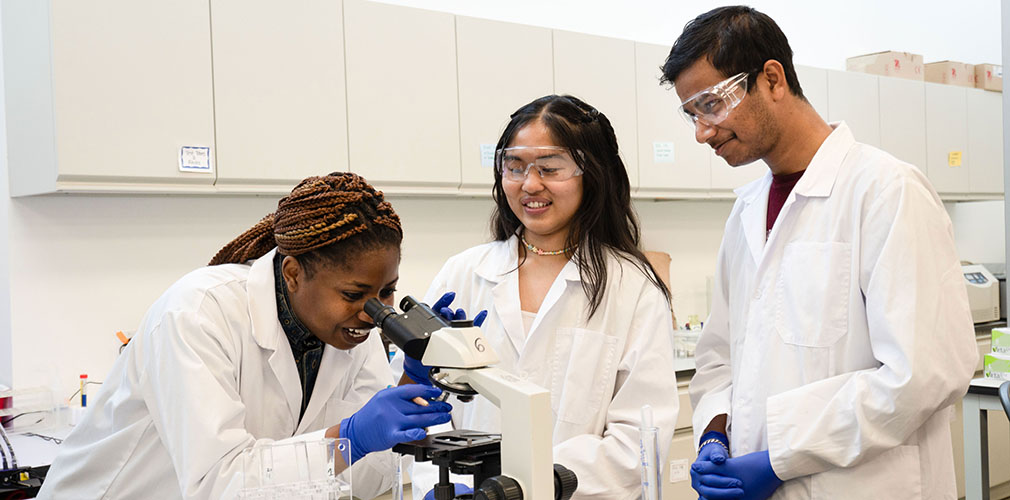
If you are interested in pursuing an engineering degree, the Associate of Science Degree will provide you with a significant portion of your coursework requirements.
The BC Transfer Guide is a great resource for you to refer to when checking course transferability options for Vancouver colleges and universities in BC, or institutions across Canada.
Within the science program, you can expect to grow in your experience and knowledge of:
As a student, you will have access to the wide variety of programs available at Alexander College, with over 140 courses offered in a multitude of subject areas.
Our student, Gabriel Safweh, discovered his love for the sciences after taking calculus.
These courses will give you the opportunity to discover and experience what each subject has to offer. In addition, they can guide you in your academic journey of self-discovery.
Perhaps you want to explore the diversity of human culture and what differentiates humans from animals through Anthropology, or develop cultural awareness and understanding of Asian culture through Asian Studies.
You may want to study social constructs in Sociology, engage in thought provoking conversation amongst classmates and introspectively through Philosophy, or discover the human impact and relationship with the environment and legal policies in Geography.
You may also be interested in government and world politics which are taught in Political Science.
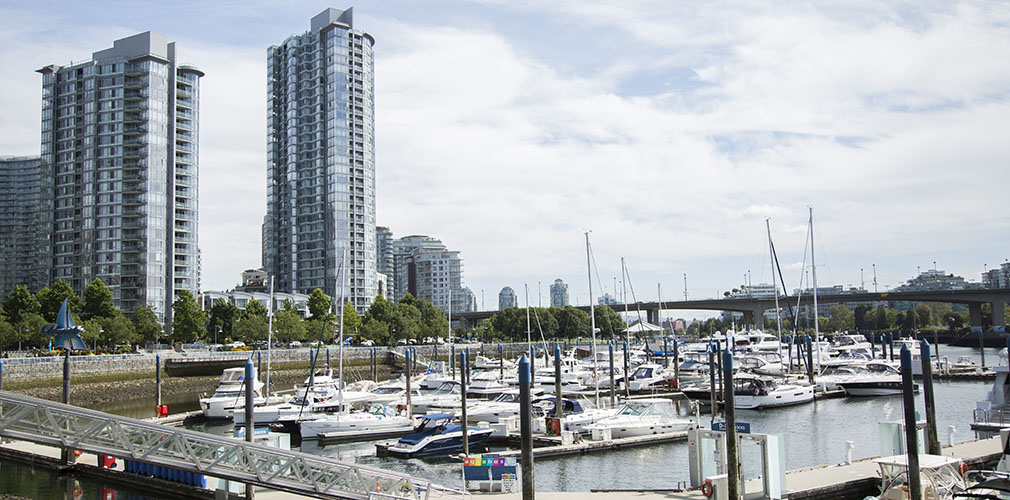
If you are interested in the arts, you can develop your knowledge of film vocabulary and analyze influential work in cinema in Film Studies, travel back in time through our courses in History, evaluate popular culture and the role of communication technology in Communications, or engage the human mind in Psychology.
Gender and Women’s Studies focuses on gender inequality and social change.
Students interested in the sciences can study the structure of organisms through Biology, collect experimental data in Physics, research chemical compounds and formulas in Chemistry, examine health-related topics in Health Sciences, and explore the world of tech and development in Computer Science.
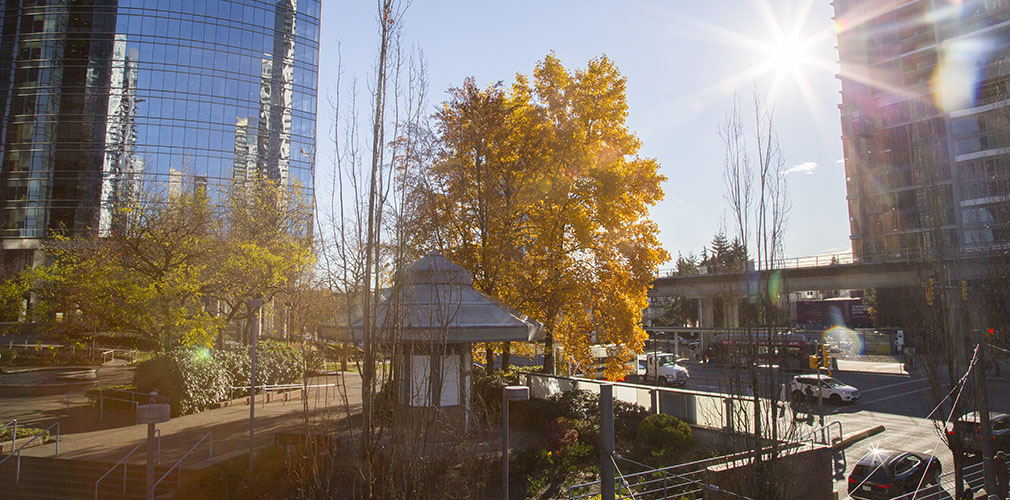
Furthermore, you can advance your English language skills through our extensive English courses, or develop your proficiency in Canada’s second language, French!
We also offer Spanish if you’re interested in learning a language that is spoken by over 400 million people!
In the realm of business, you will be able to strengthen your analytical skills in Mathematics and Statistics, understand the information systems in business and human resources in Commerce, and embrace economic policies, micro and macroeconomics in our Economics courses.
We are always adding new subject areas and courses based on demand so students can freely explore their academic interests!
One of our most popular programs at Alexander College is our University Transfer Program.
If you have just finished high school and are trying to get into the university of your choice, but don’t quite have the requirements—such as the English language requirement or are not able to maintain the GPA required in order to transfer directly, this program is a great option for you.
You’ll be able to save money and have more time and flexibility to explore the courses that may interest you.
You also have the benefits of a smaller classroom, more attentive instructor-student experience.
As part of the BC Transfer Guide, you will be able to utilize your credits earned through the University Transfer Program in order to transfer to universities across BC, such as to UBC, UVIC, or SFU.
With that said, admission requirements can change depending on which university you choose to apply to. Our team of Academic Advisors can help keep you on track as you map out your study plan using the BC Transfer Guide.

Each program plan created with our Academic Advisors will differ from student to student, depending on a variety of factors. These factors include your English level, high school prerequisites, and the intended university and program of choice. Just like how each student is unique, each plan is unique too!
If you’re an international student, you’ll be completing your English course requirements as part of your studies at Alexander College. As a result, you will no longer be required to take the IELTS or TOEFL to satisfy the placement requirements at your university of choice, following successful completion of your University Transfer program plan.
In addition, you will find that another benefit of taking the University Transfer program at Alexander College, is that Vancouver provides the perfect backdrop for you to explore and learn more about the city.
Learn about our beautiful city, and experience the local food and culture, all while completing your undergraduate studies.
At Alexander College you can rest assured that your courses are transferable to future university studies. You can keep this in mind while you choose your courses and pursue the subjects that interest you the most.
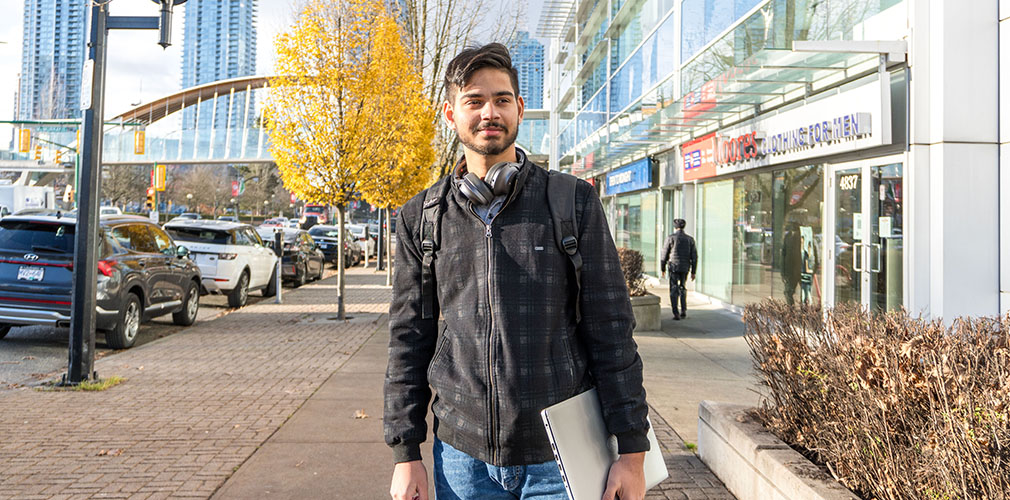
As you develop your study plan, we suggest making regular check-ins on the BC Transfer Guide website to ensure that your courses are transferable to your university of choice.
Looking to transfer from AC to a university or college outside of BC or Canada? Many Alexander College alumni have found success transferring to institutions worldwide. We suggest contacting an Academic Advisor if you are planning on transferring outside of the BCCAT system.
Typically associated with trades and other specializations, diplomas are typically awarded to students who wish to enter the workforce after graduation.
Unlike an associate degree, a diploma may take anywhere from one to three years to complete. A Diploma program also tends to be more specialized than an Associate Degree program, offering less flexibility for students to explore subjects of interest.
Associate degrees are also more flexible when it comes to transfer credit. While diplomas are a great choice for block transfers, an associate degree consists entirely of courses that can be freely transferred across BC institutions.

We hope that this article has helped you with planning your academic journey.
As you begin your application process, be sure to understand our requirements to apply to Alexander College, and steps on how to apply to ensure you have everything you need.
You can contact us through our contact form below, which will help you to get connected with our Enrolment Advisors and find out more about our Associate Degree programs, University Transfer and additional programs available. We hope to see you here!
Alexander College acknowledges that the land on which we usually gather is the traditional, ancestral and unceded territory of the Coast Salish peoples, including the territories of the xʷməθkwəy̓əm (Musqueam), Skwxwú7mesh (Squamish), and Səl̓ílwətaʔ/Selilwitulh (Tsleil-Waututh) Nations. We are grateful to have the opportunity to work in this territory.
Alexander College acknowledges that the land on which we usually gather is the traditional, ancestral and unceded territory of the Coast Salish peoples, including the territories of the xʷməθkwəy̓əm (Musqueam), Skwxwú7mesh (Squamish), and Səl̓ílwətaʔ/Selilwitulh (Tsleil-Waututh) Nations. We are grateful to have the opportunity to work in this territory.